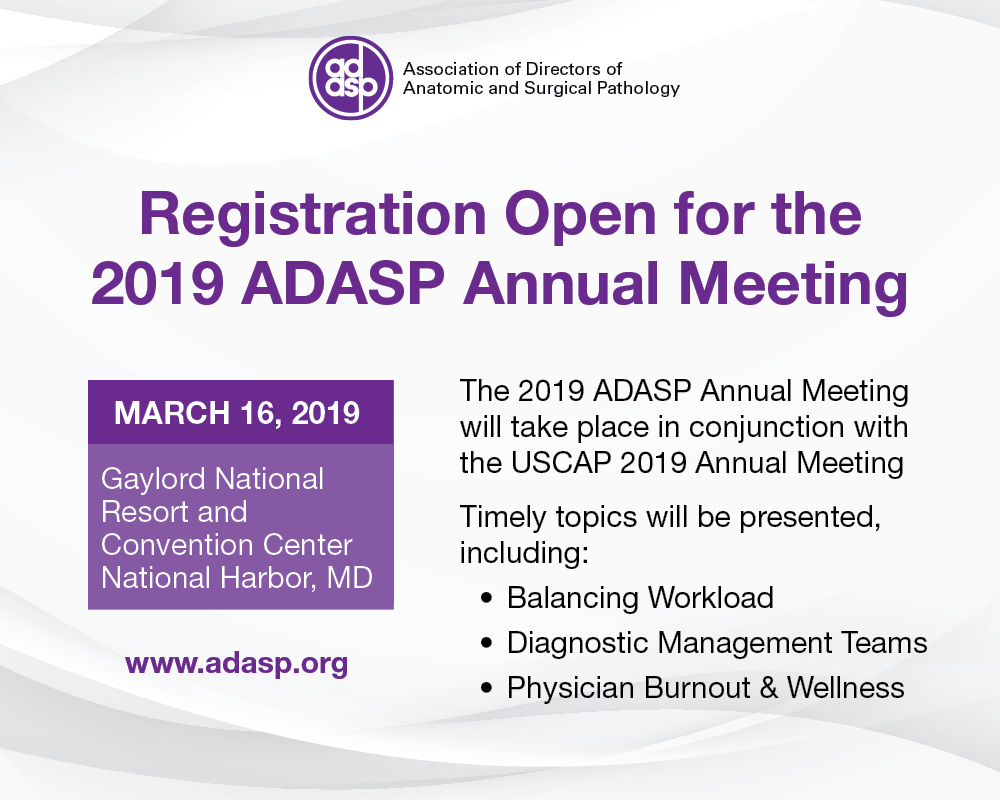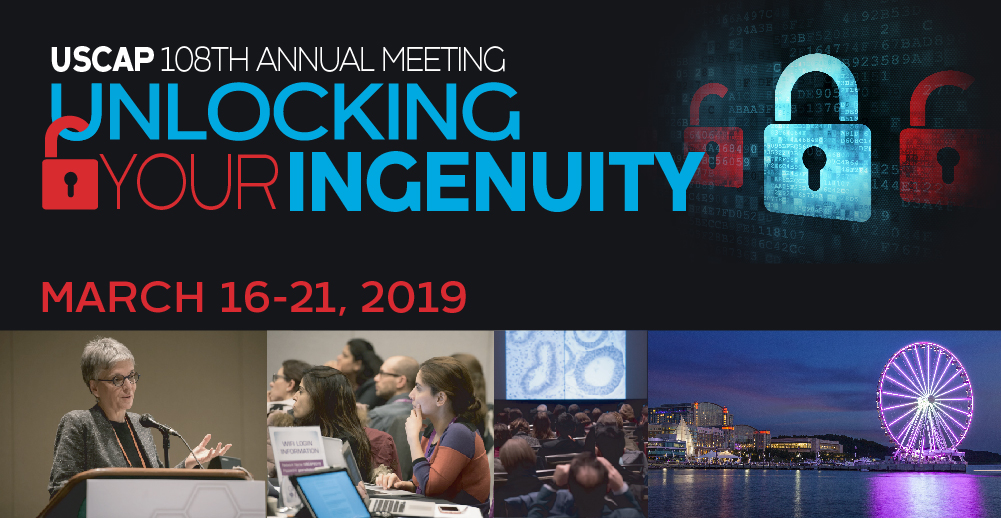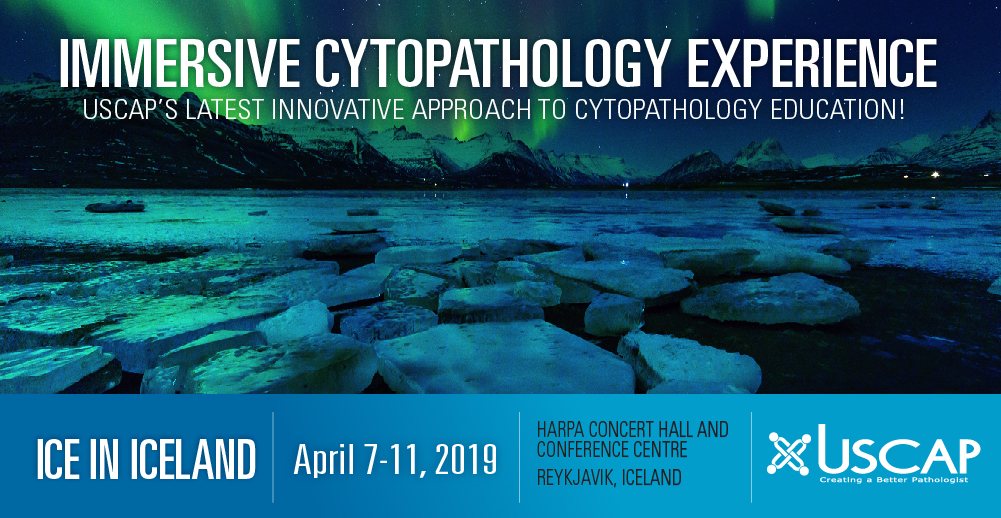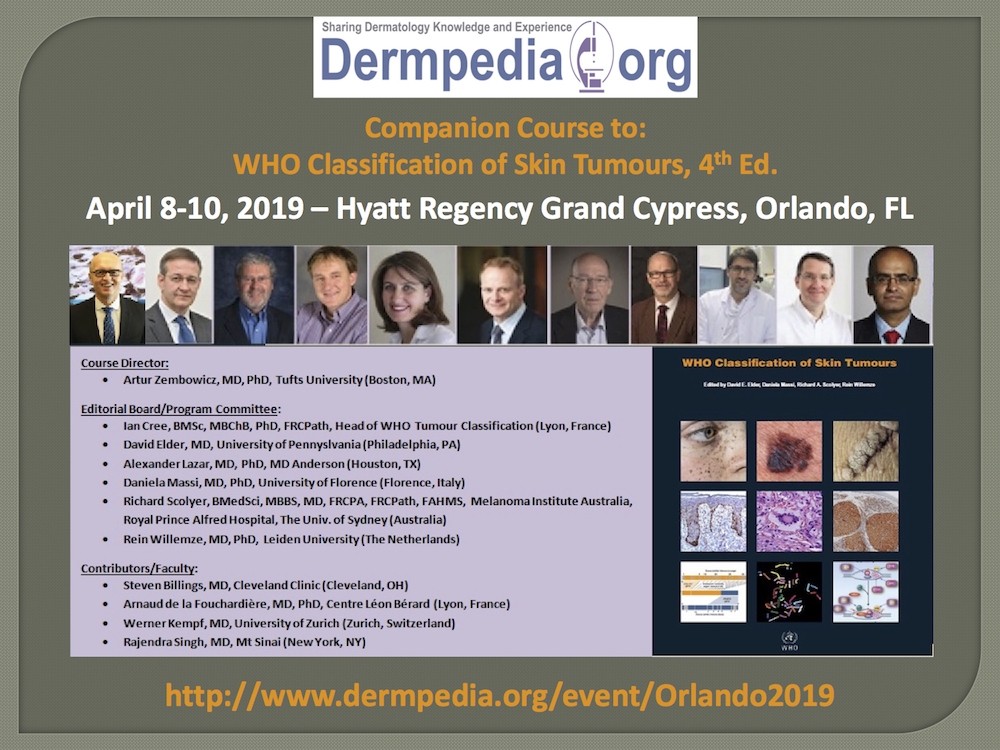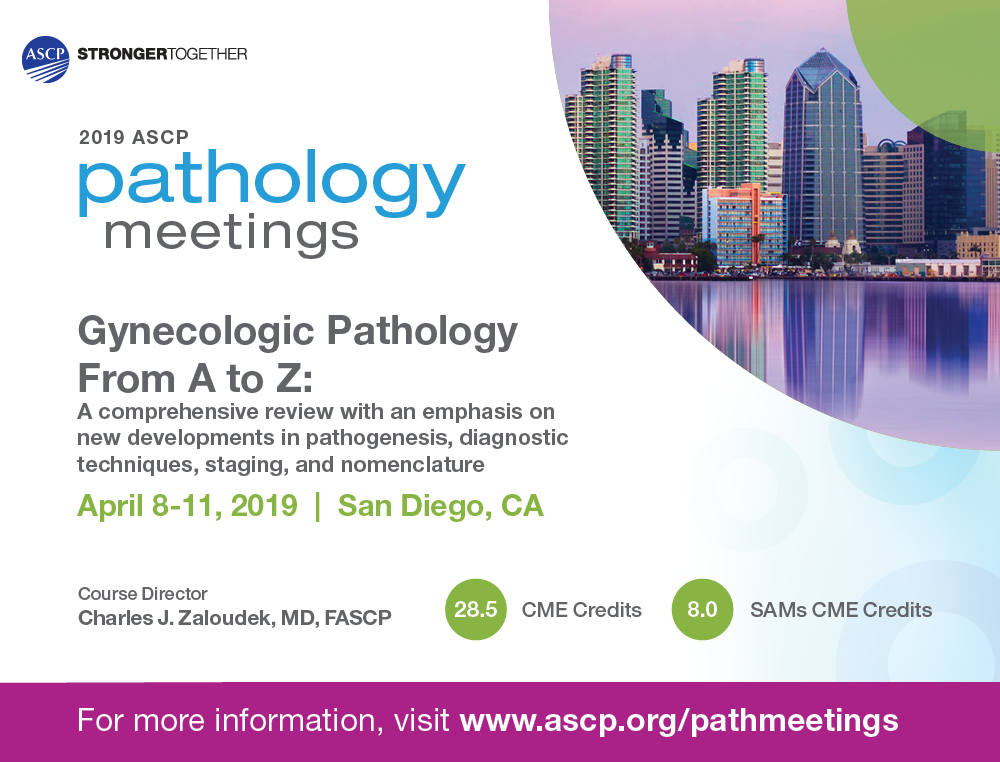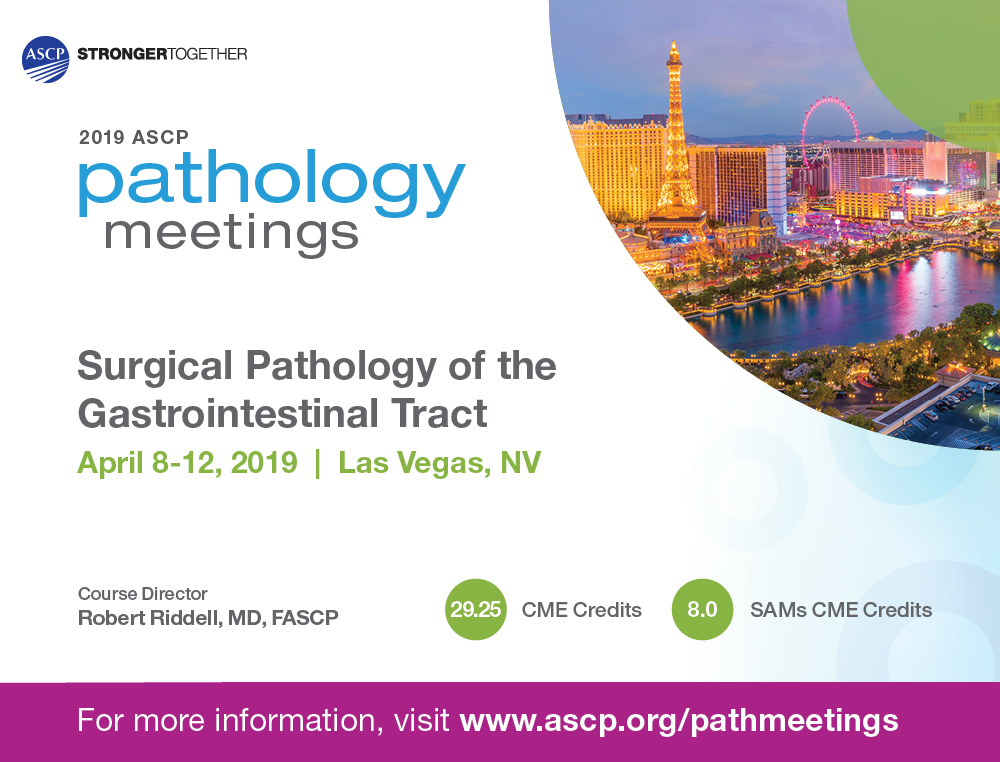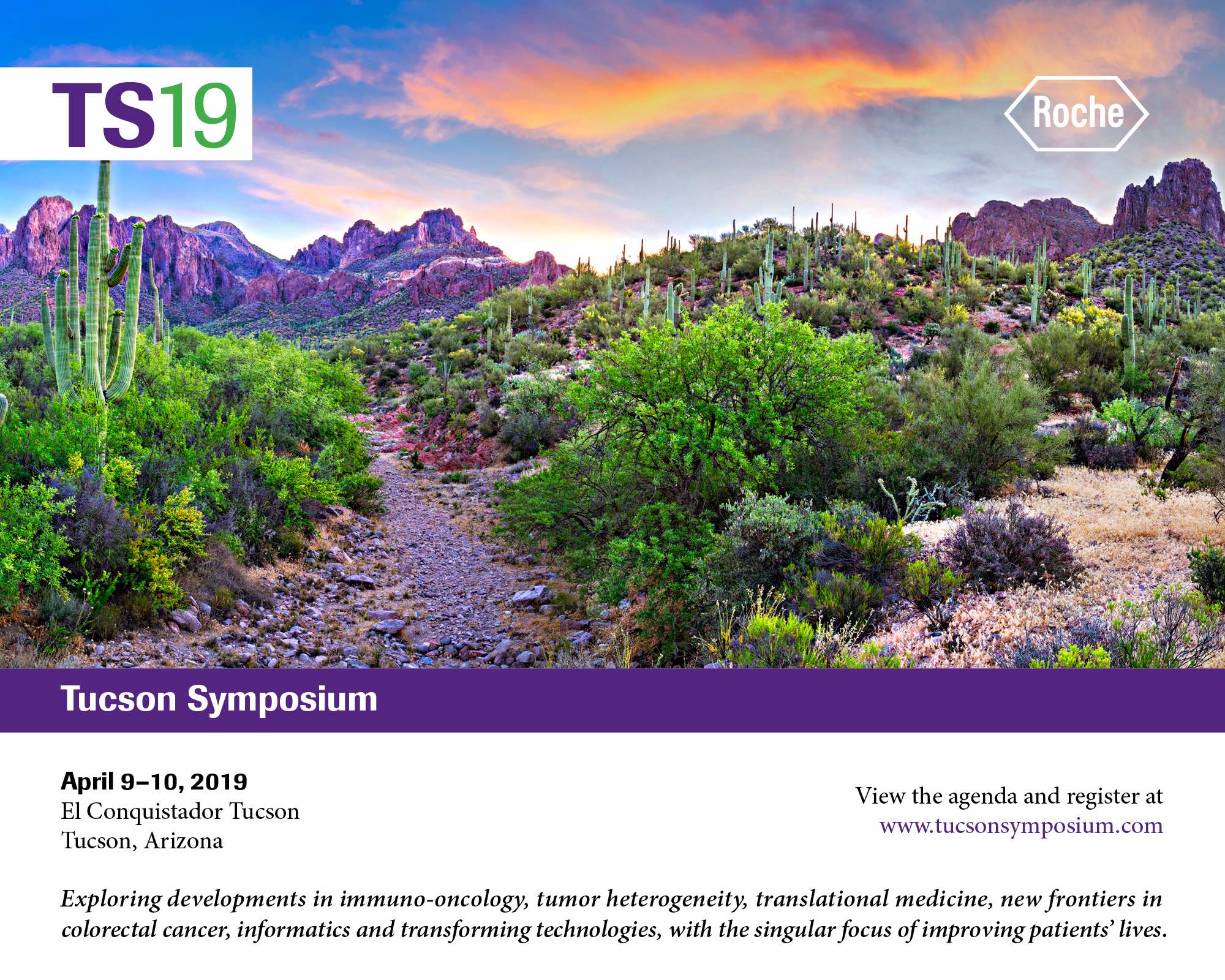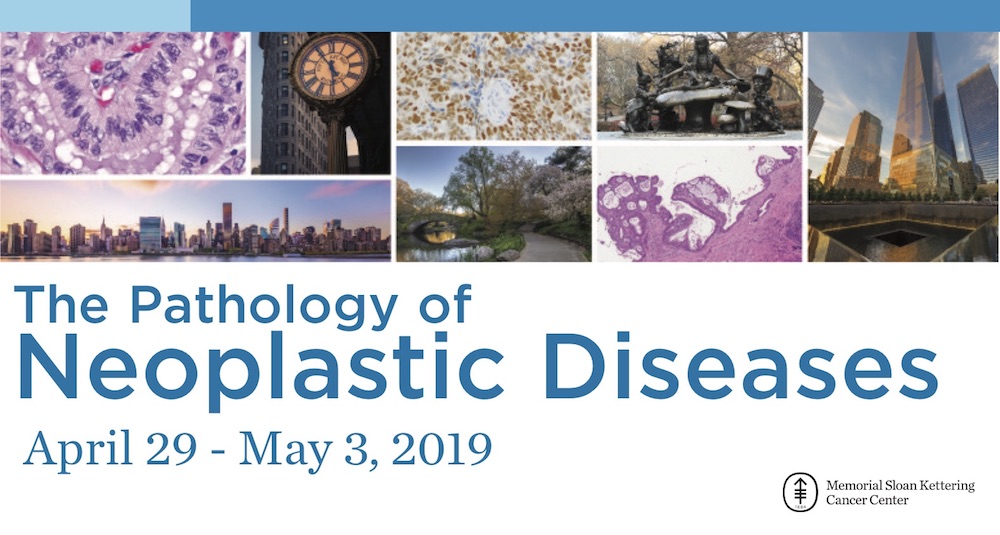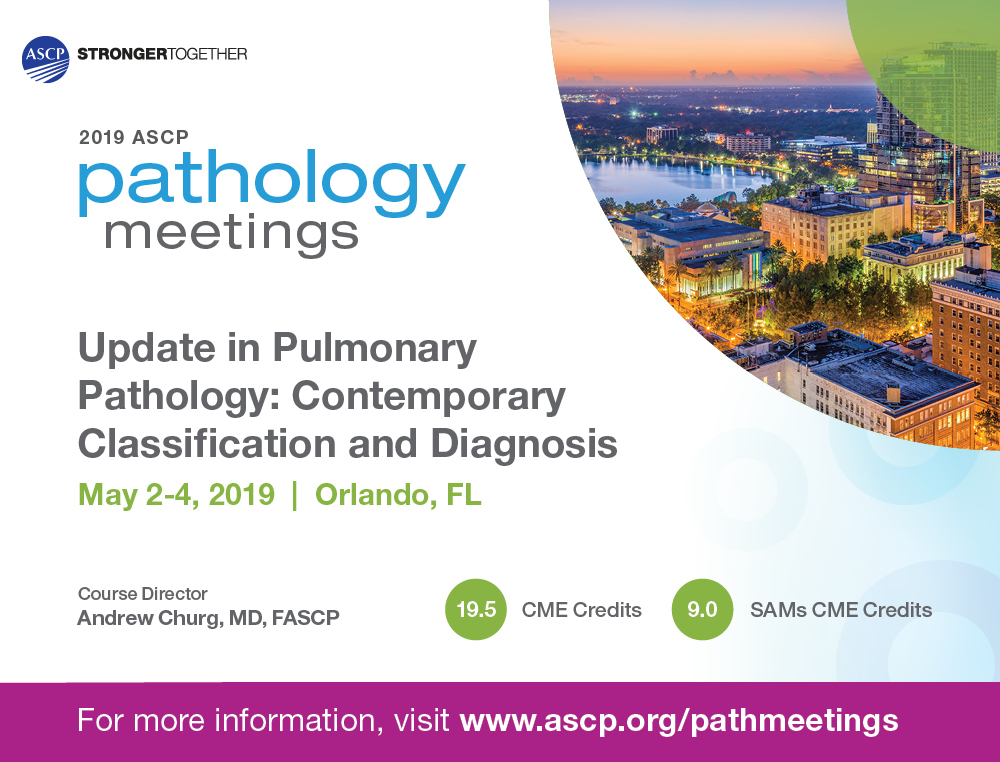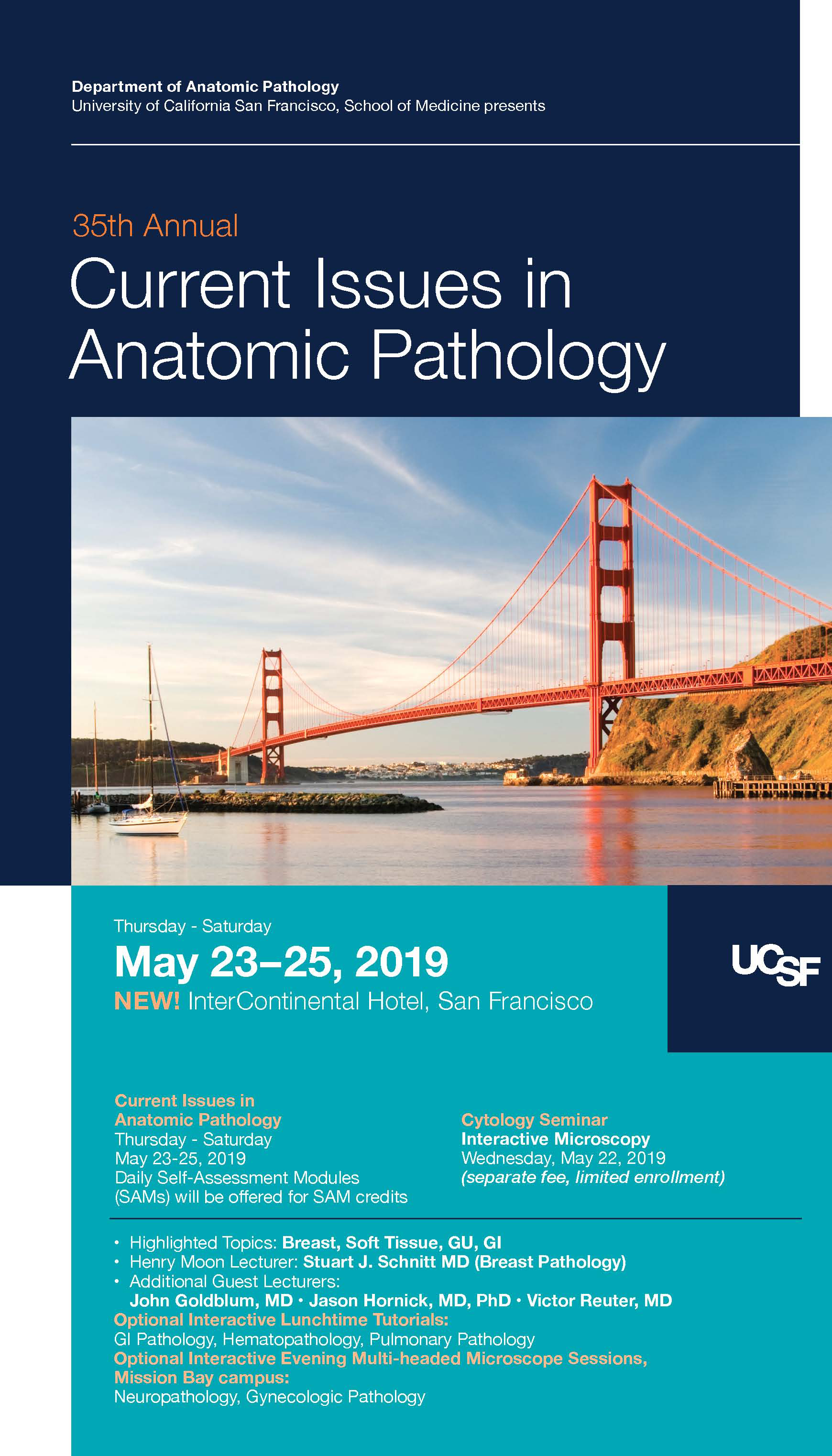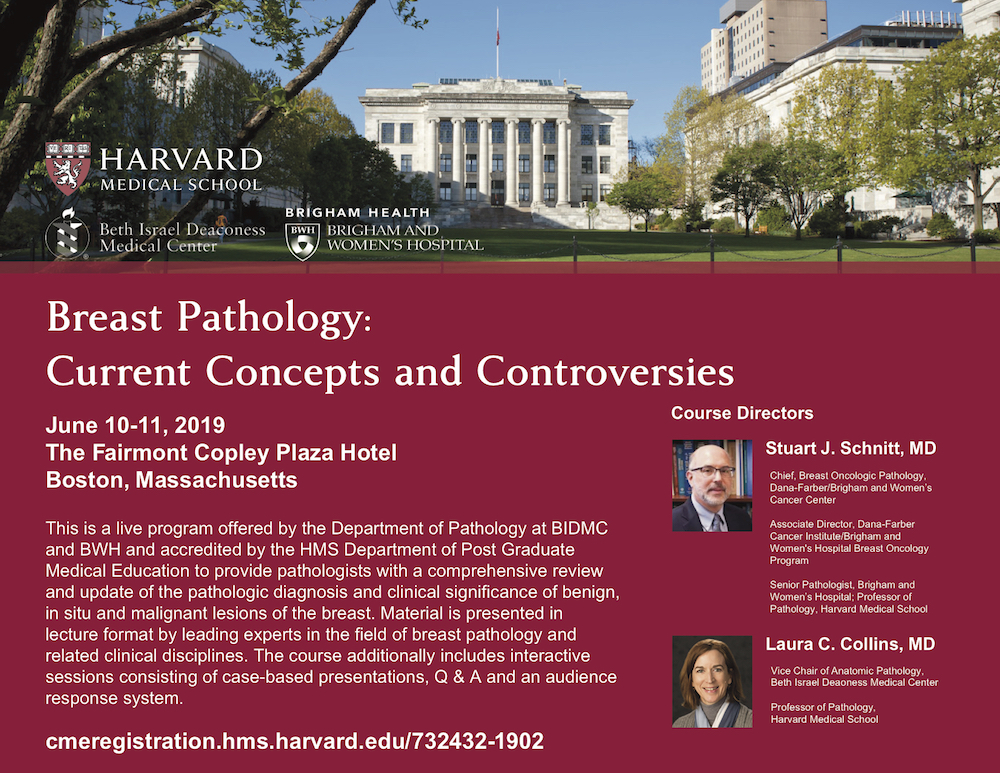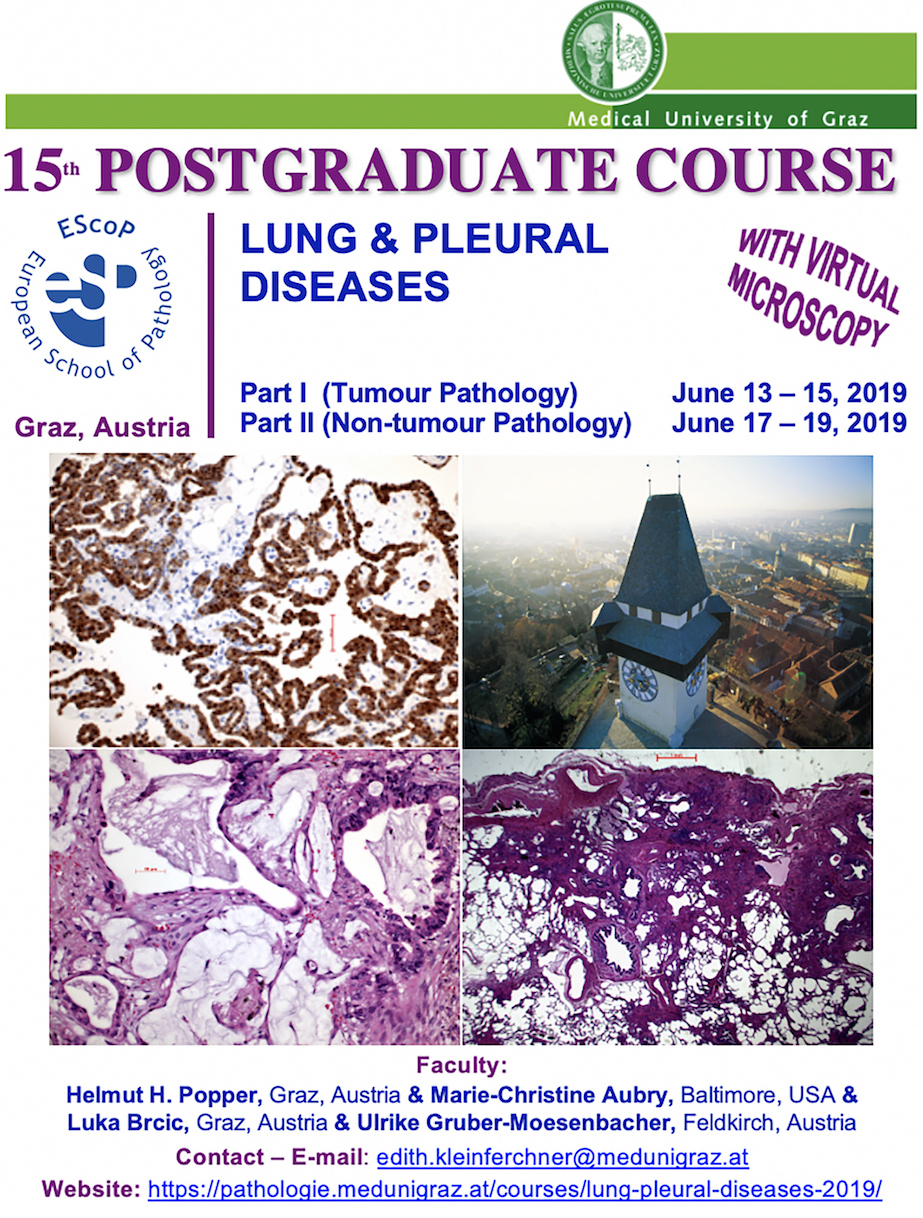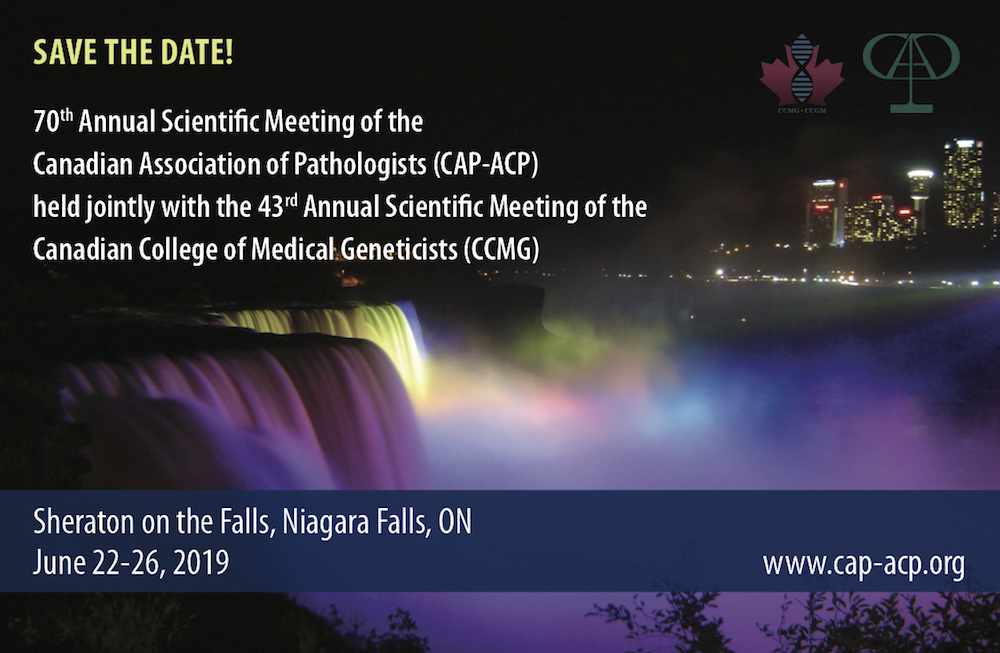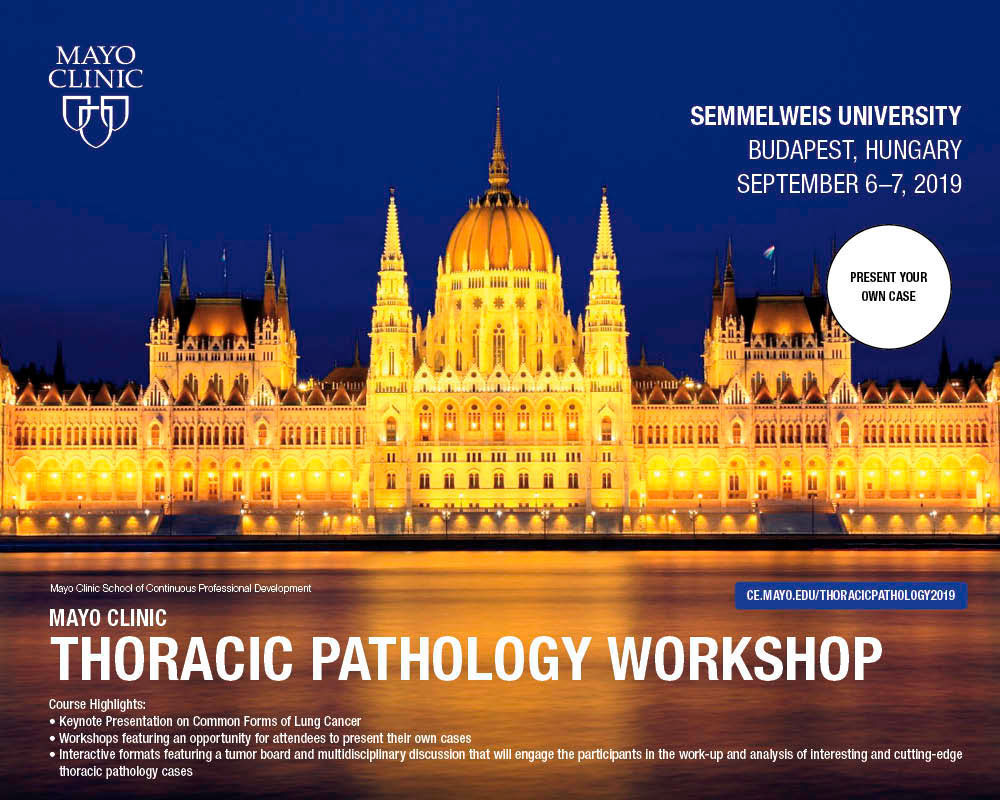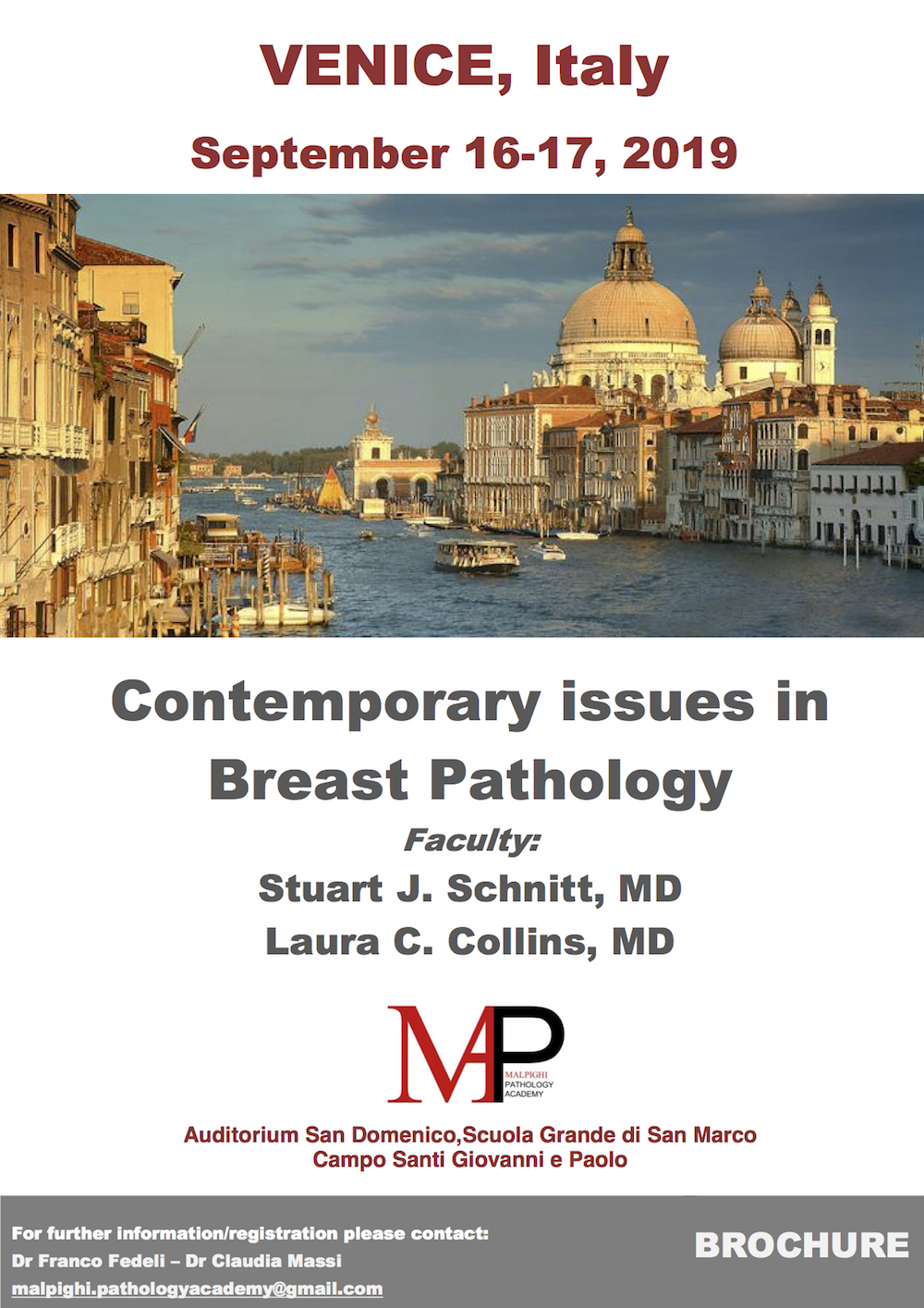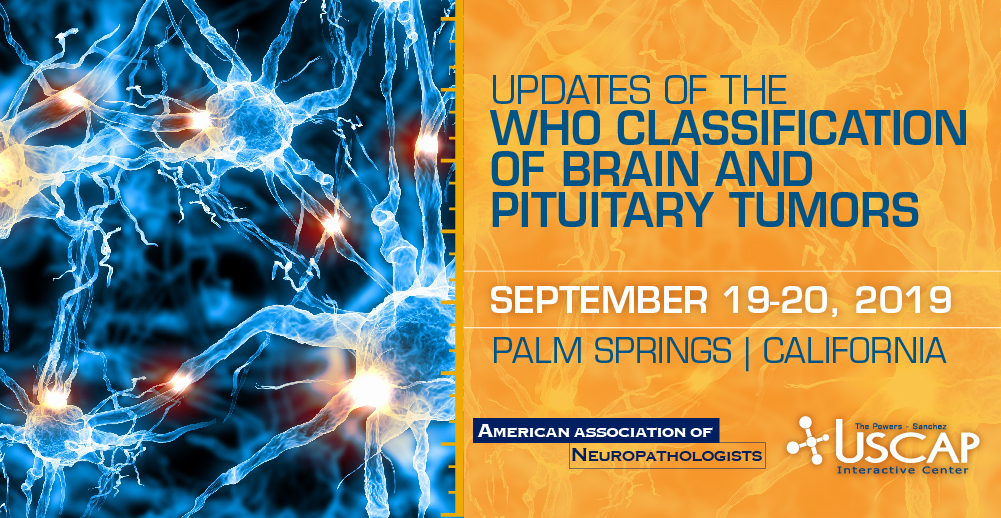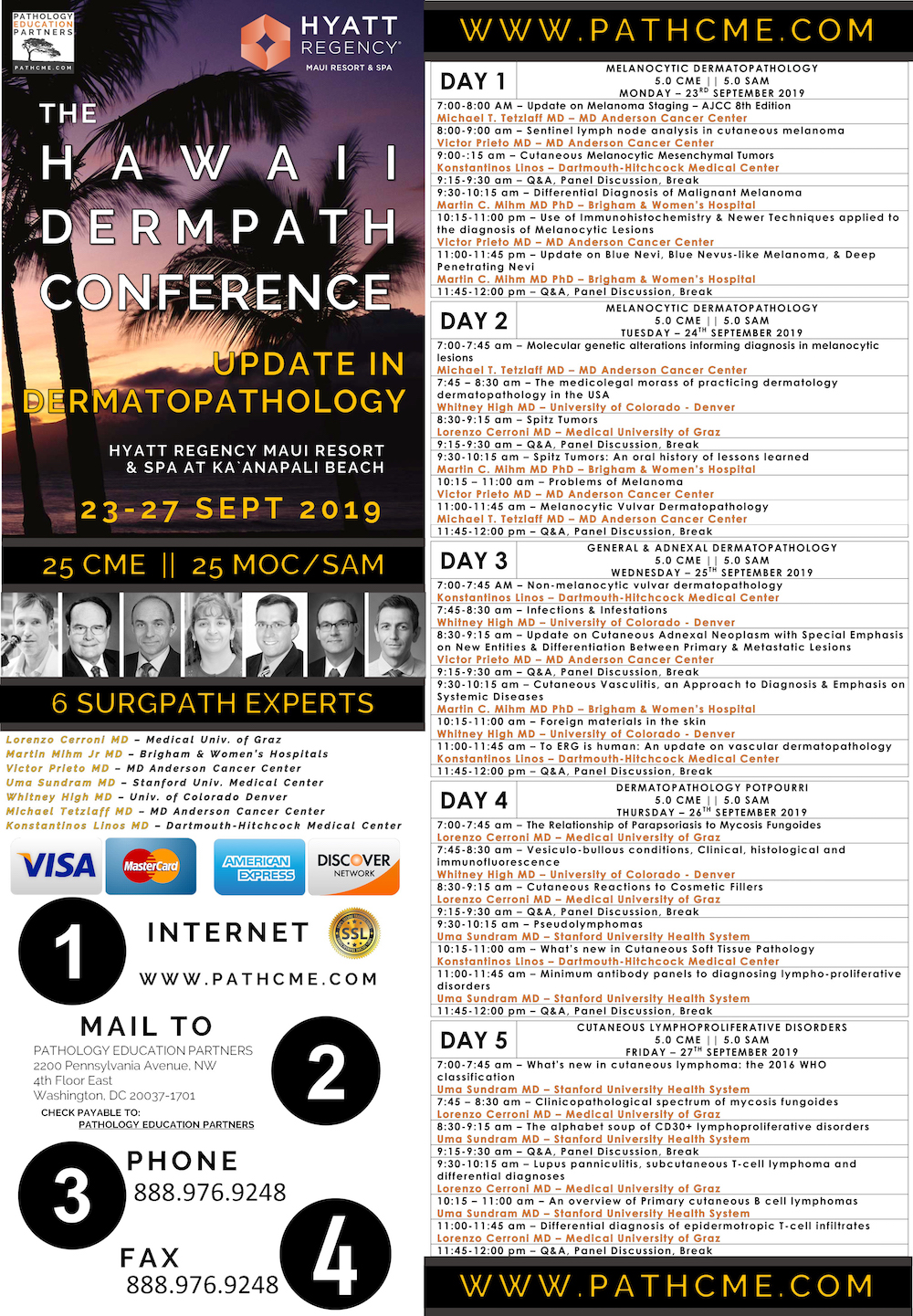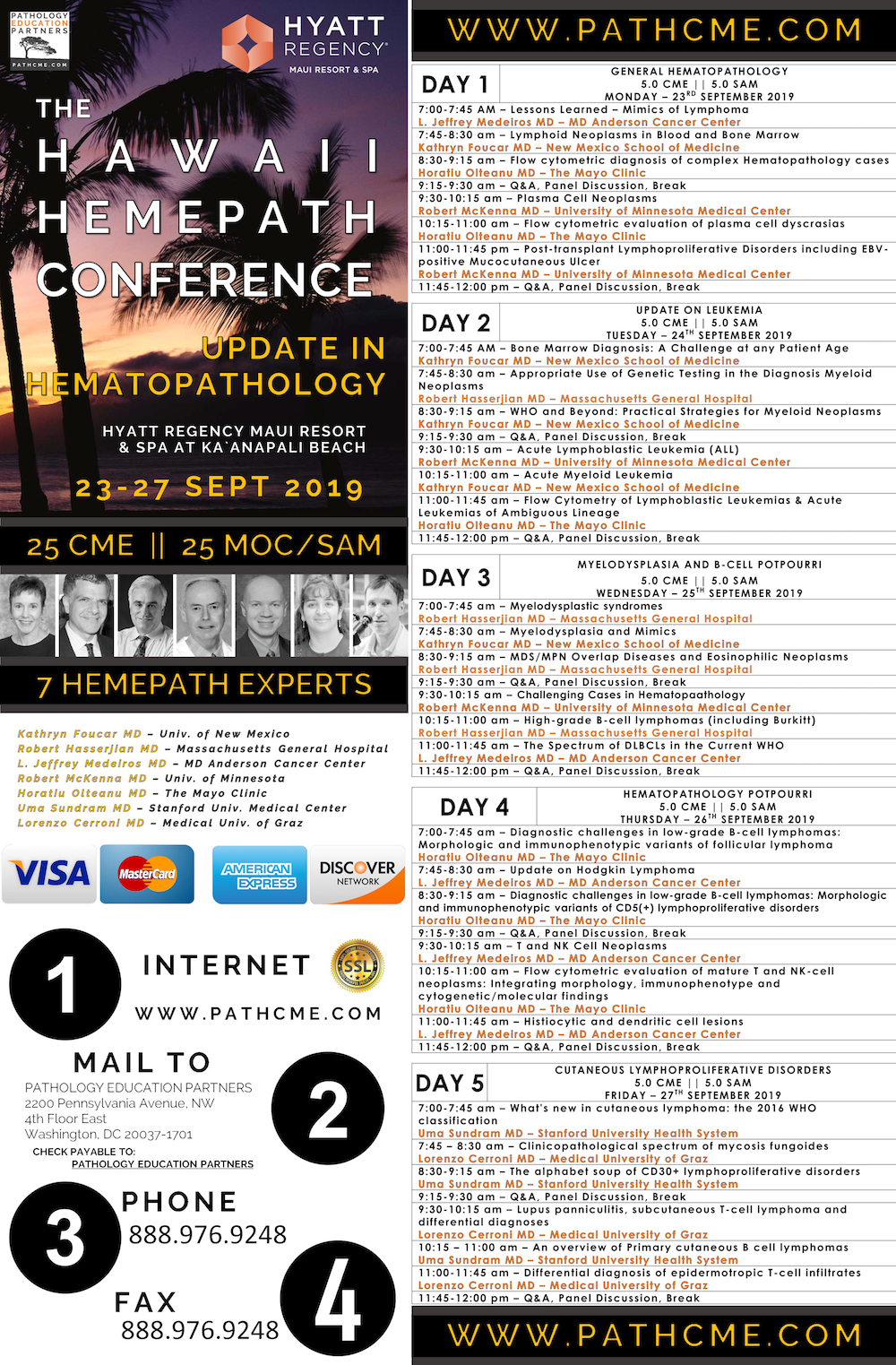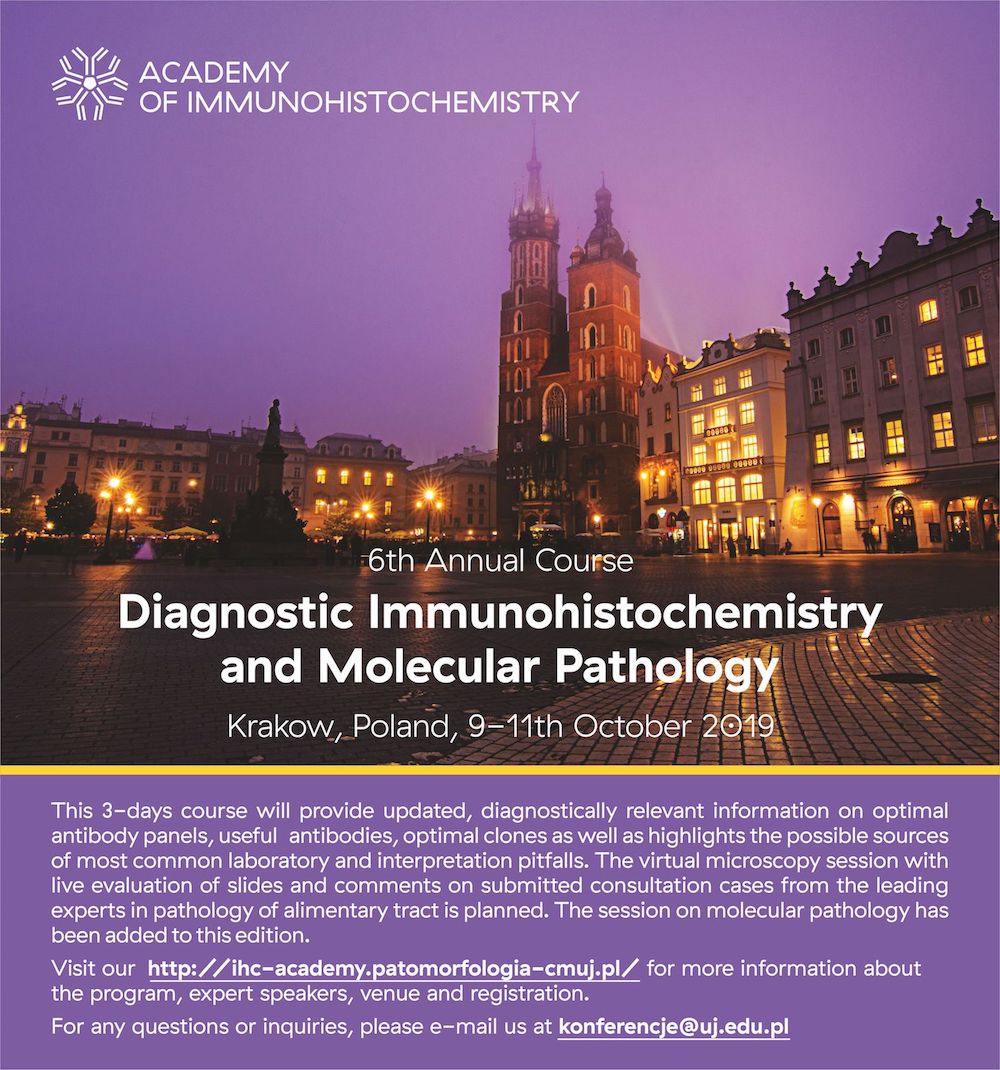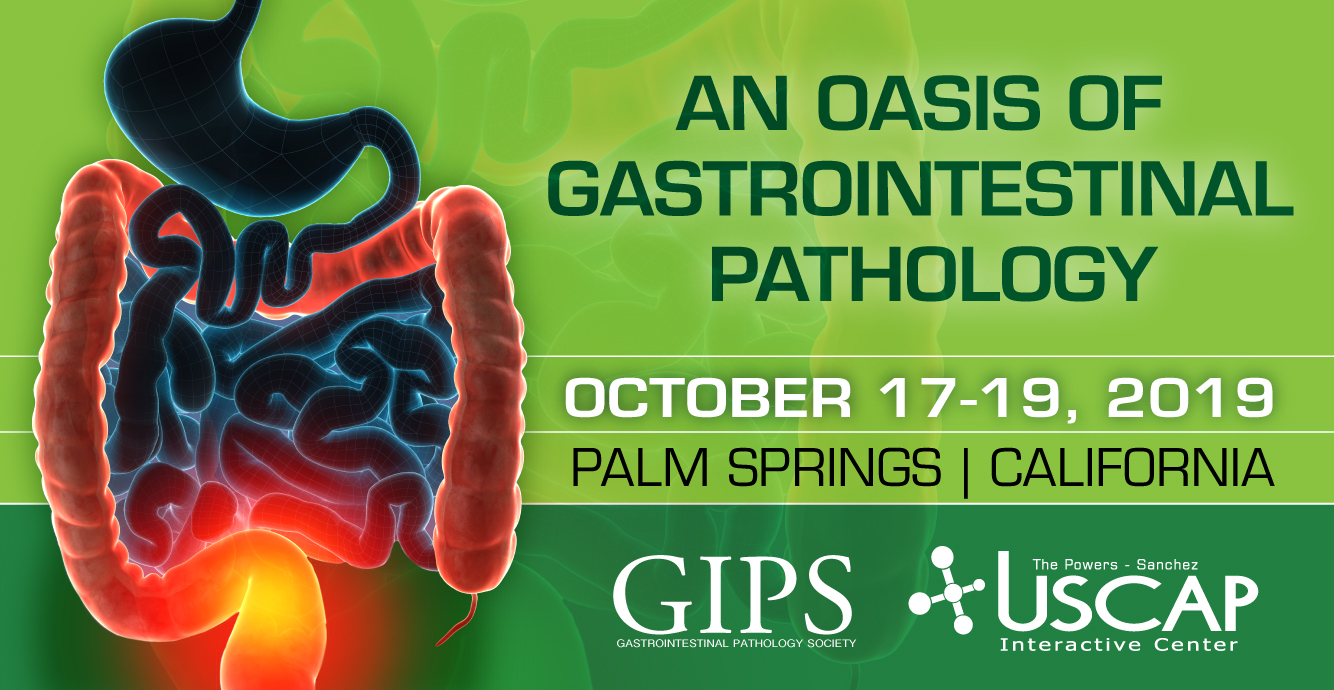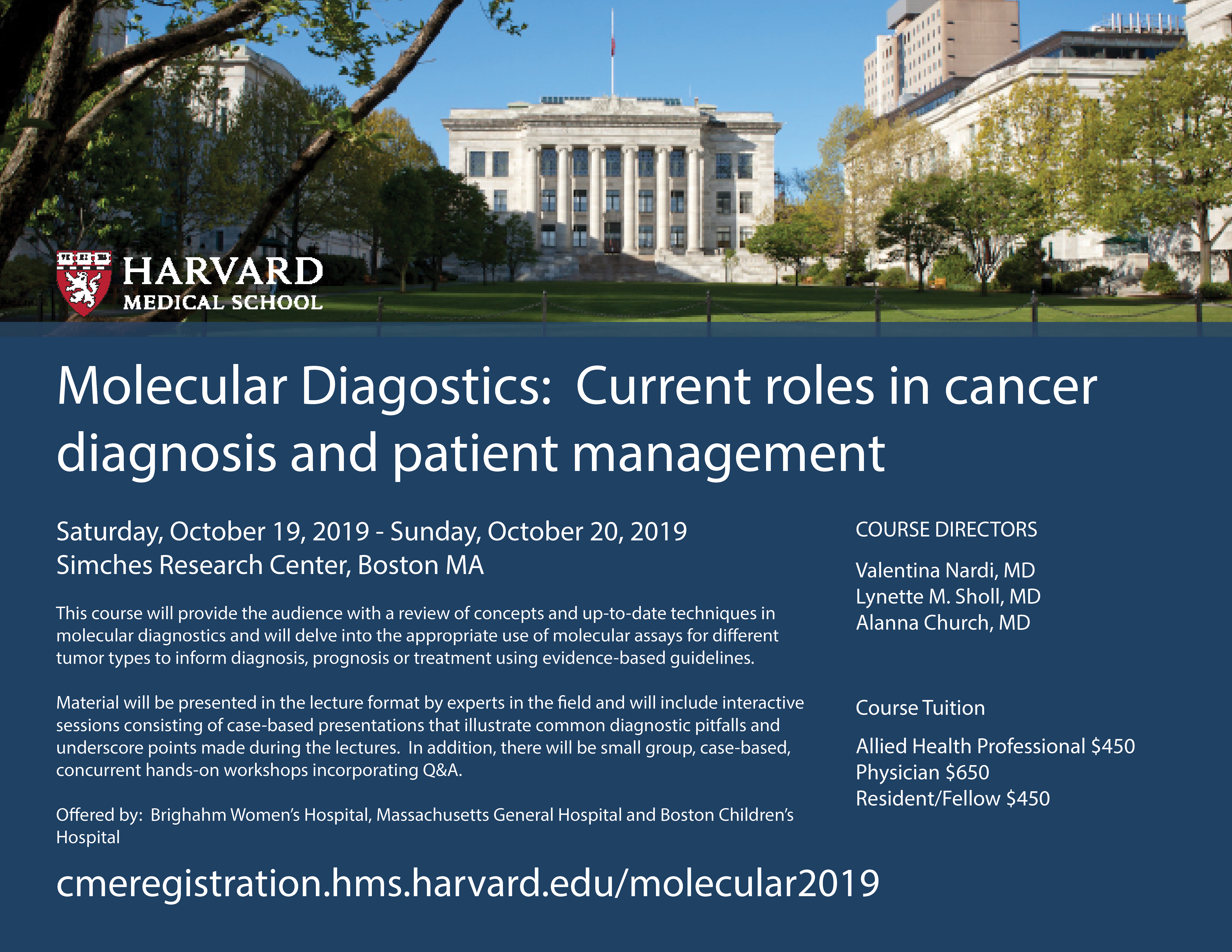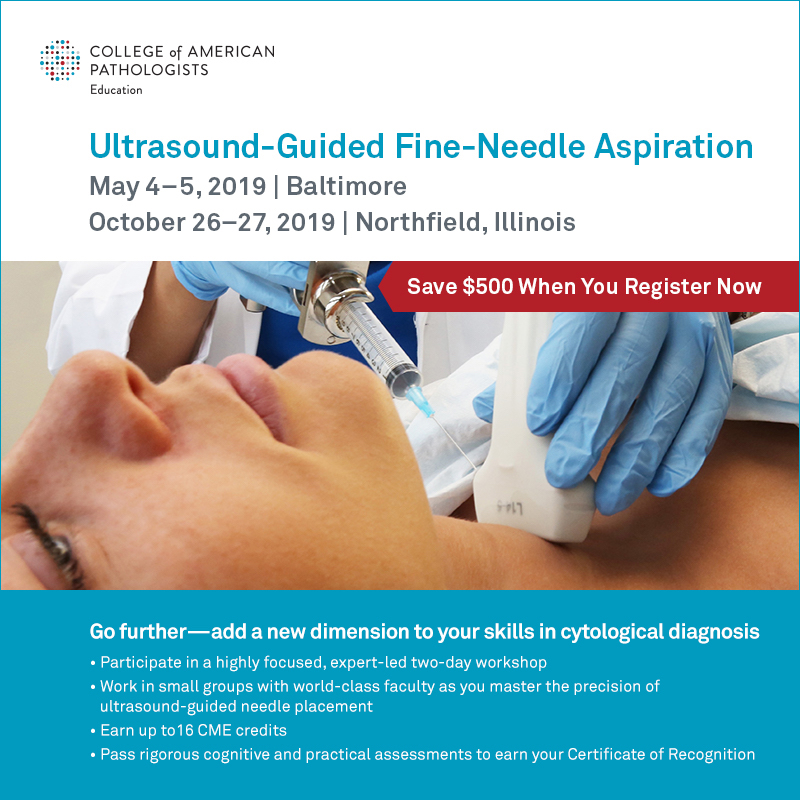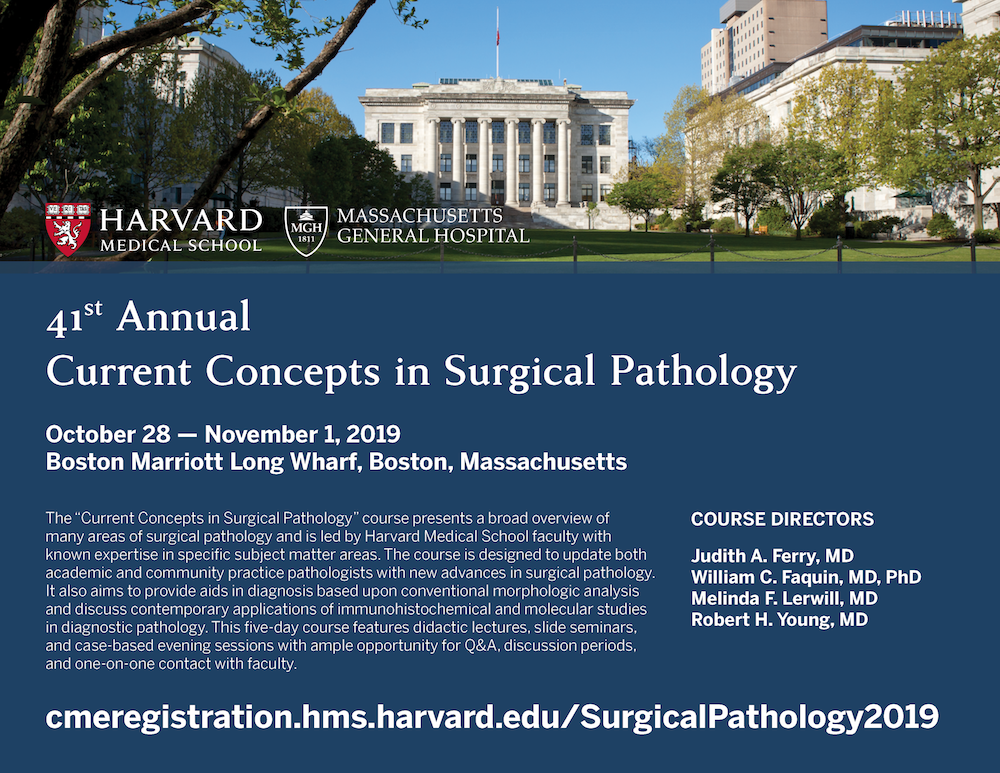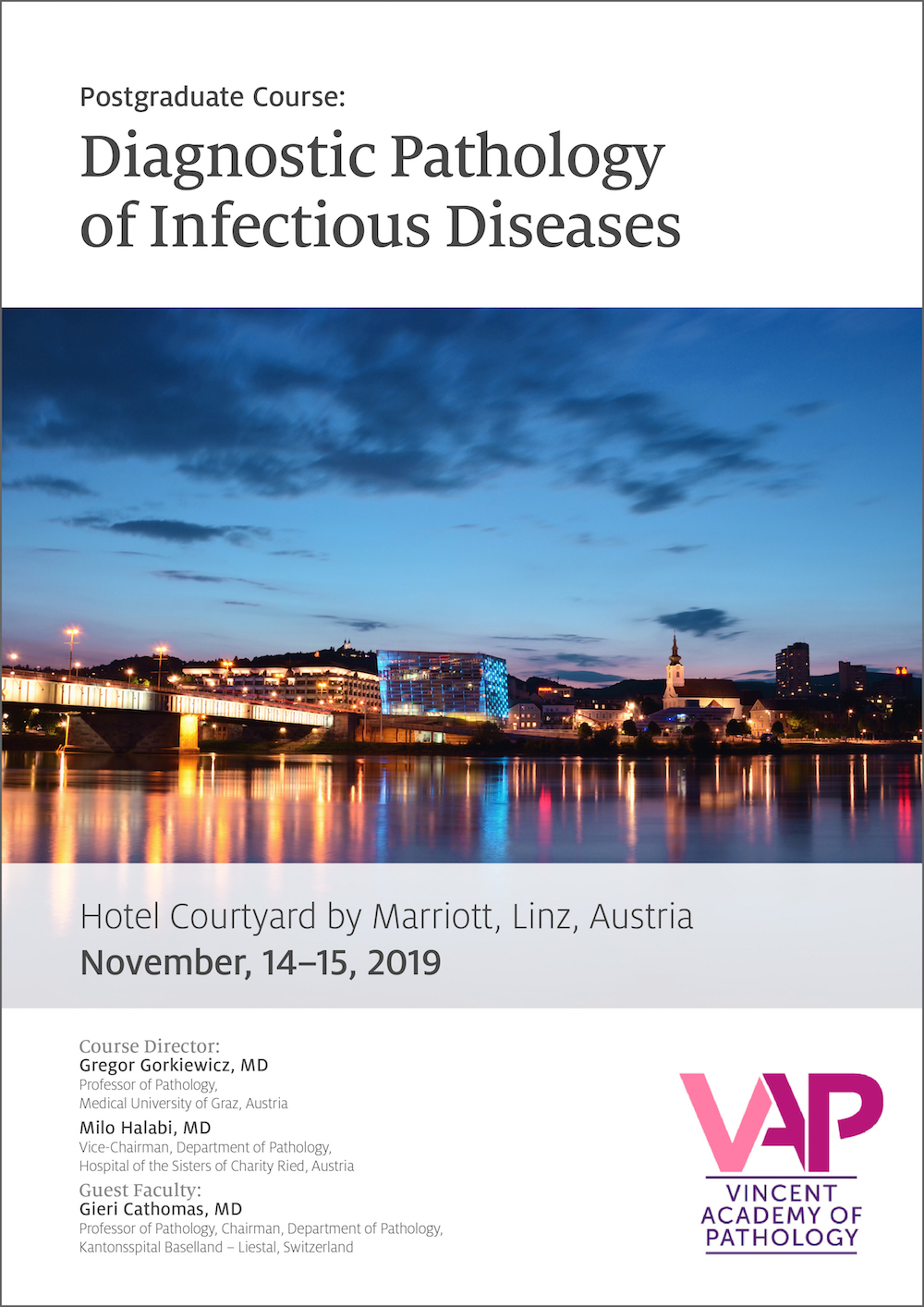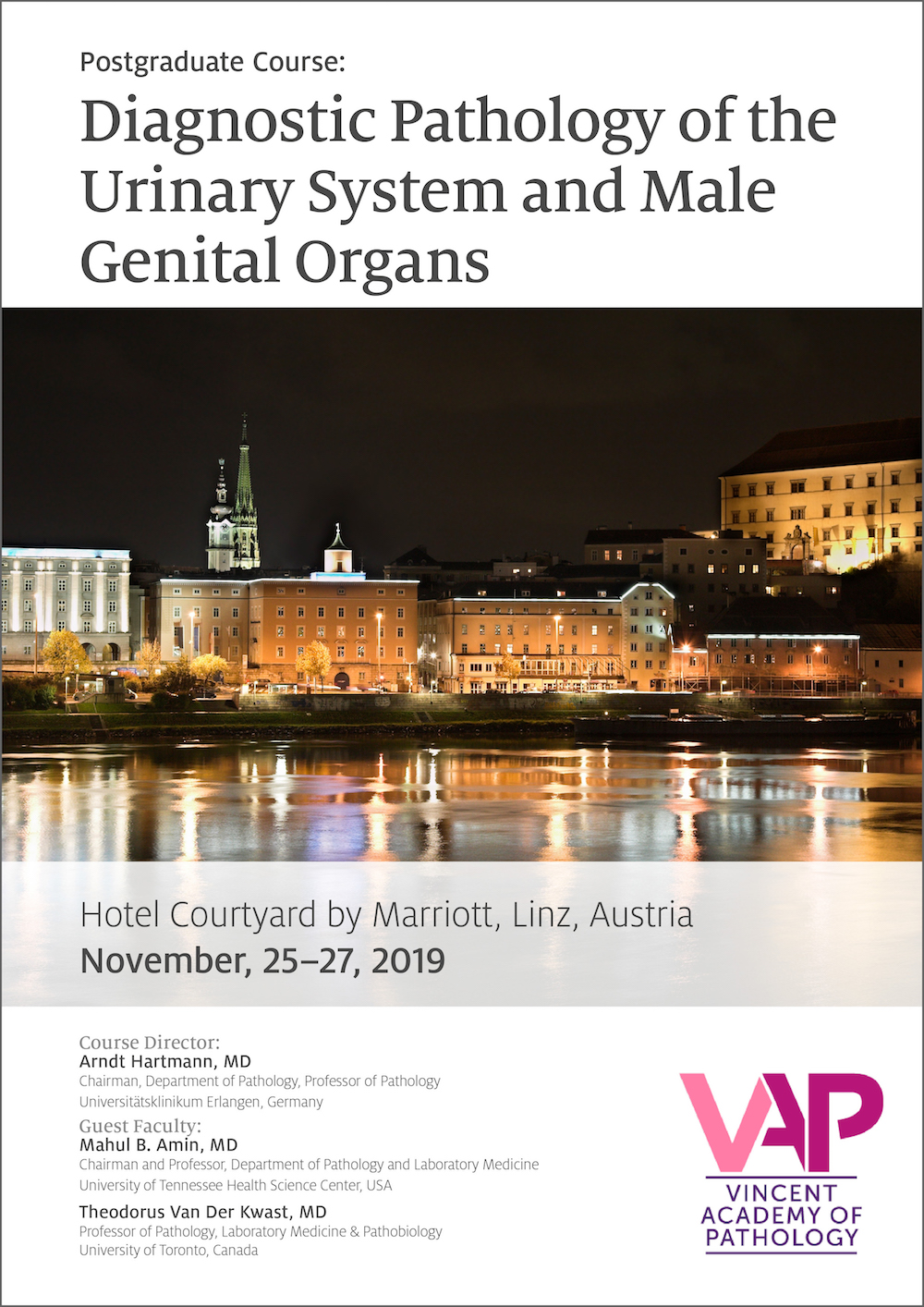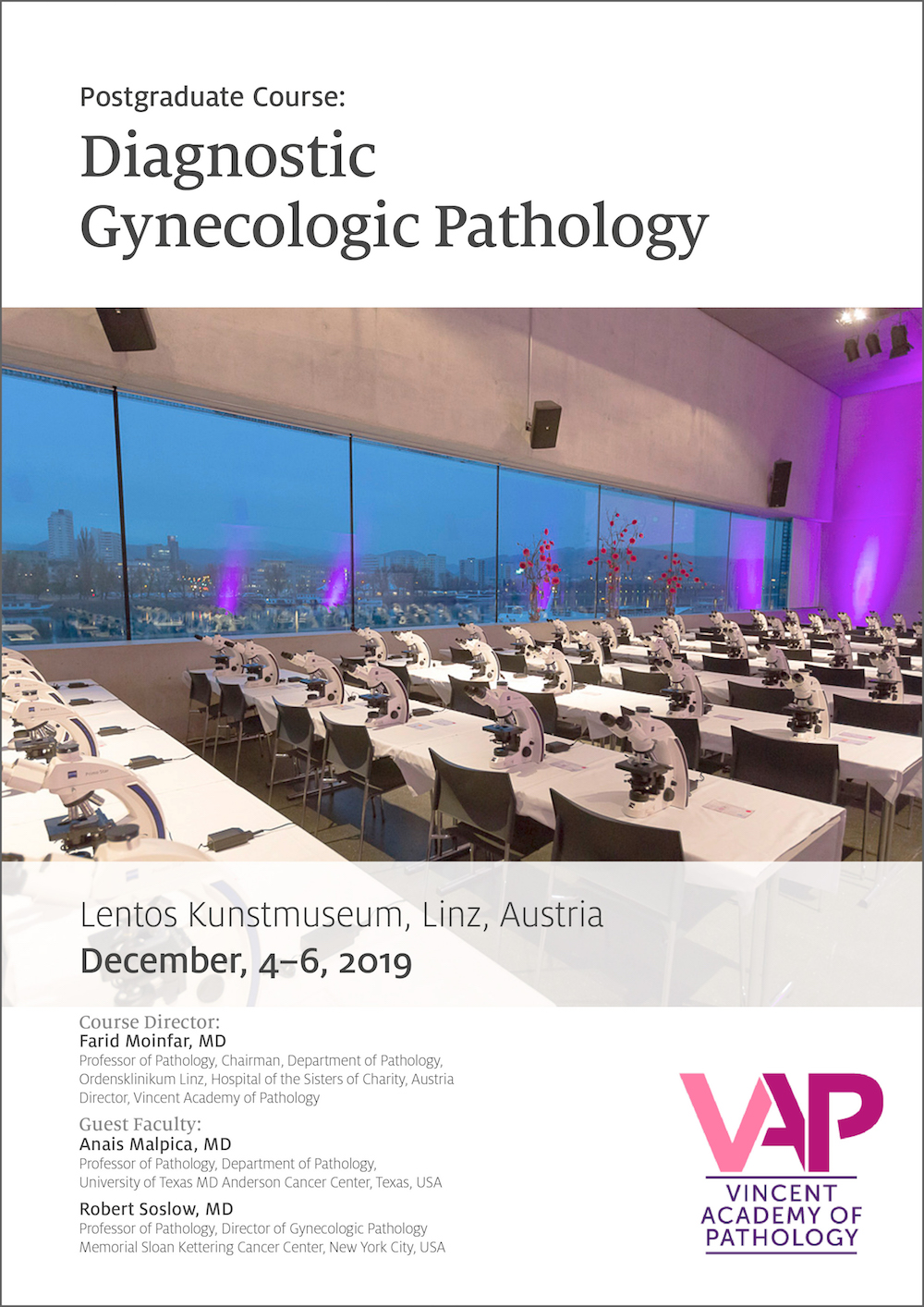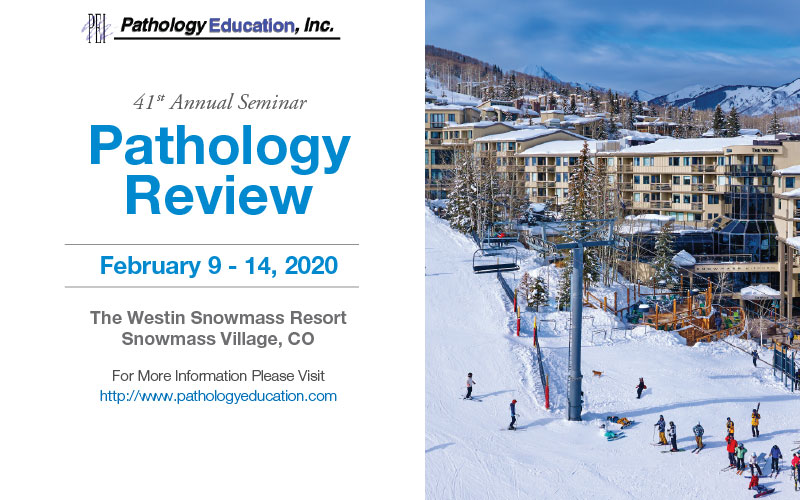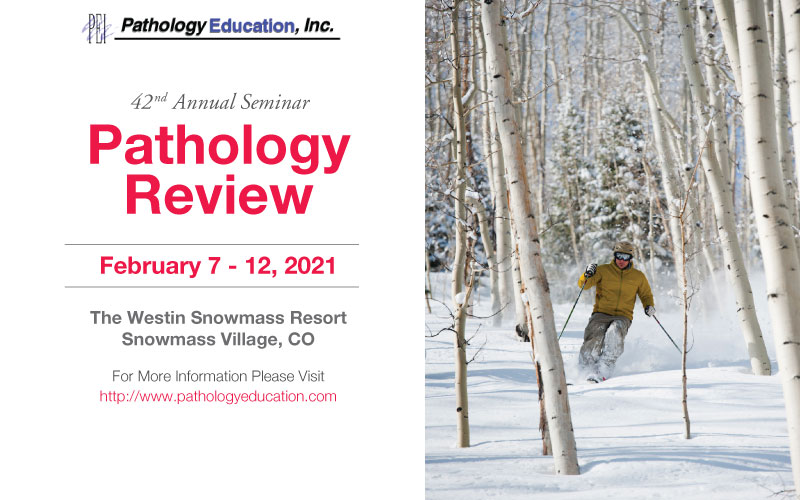Advertise your Pathology Conferences and Webinars with us!
To reach the 8,000 monthly visitors of this page, email your text, graphics and contact information to PathOutAds@gmail.com. If no response within 1 business day, please resend and CC AmandaPathOut@gmail.com. Ads are posted until the conference / webinar date. Email us once you have the date and we will create a Save the Date ad to use until you get your official ad; there is no additional charge for changes.
We have these options for posting:
(a) $375 for a one line listing (date, location, title and link), pay online
(b) $675 for a highlighted listing (most of the ads below are highlighted listings) with graphics, text and links, pay online
(c) $1,500 for a highlighted listing plus one E-blast (example) or social media posting featuring your ad, pay online
(d) $2,300 for a highlighted listing plus two E-blasts or social media postings featuring your ad, pay online
(e) $2,000 for a highlighted listing plus a premium E-blast, pay online
(f) $3,645 for 6 highlighted listings (10% off) plus one E-blast or social media posting plus an Organization listing below, pay online
(g) Contact us for additional promotional packages
Links to all recent posts are included in an E-blast sent biweekly to 5,930 subscribers for no additional charge.
Frequently asked questions Testimonials
Map of US with regions
January 1 - May 31, 2019, Sarcoma Coalition: CME Certified, Methods for Improved Diagnosis of Sarcoma [#7958]
Unlock Your Ingenuity at the 108th USCAP Annual Meeting in National Harbor, Maryland from March 16-21, 2019.
People gather from around the world each year at the Annual Meeting. They come for discovery, to experience others' imagination, to learn, sustain, excel, grow, experience. They come for reunion, exchange, sharing, and inspiration.
This year's venue is compelling, offering the convenient integration of hotel and convention space under a glass ceiling, at the edge of the bay, just outside our nation's capital. Shuttles will operate to Washington, D.C. to encourage new experiences outside the conference milieu. Inside will be the organized content you expect, with special sensitivity to diversity and inclusion.
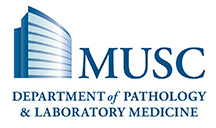
The Department of Pathology and Laboratory Medicine at the
Medical University of South Carolina
presents the
2019 Pathology Multi-Specialty Symposium
Kiawah Island Golf Resort
April 2nd through April 6th, 2019

The Pathology Multi-Specialty Symposium is a 5-day post-graduate seminar annually presented by The Department of Pathology and Laboratory Medicine of the Medical University of South Carolina. The course provides the highest level of subspecialty instruction by a distinguished faculty drawn from the nation's leading experts.
The seminar includes one day of clinical pathology, two and one-half days of surgical pathology, one and one-half days of cytopathology and one day of dermatopathology. CME credits and SAMs may be earned.
This year's symposium will be held at the Kiawah Island Golf Resort located on Kiawah Island from April 2nd through April 6th, 2019.
© Department of Pathology and Laboratory Medicine, Medical University of South Carolina
This activity has been approved for AMA PRA Category 1 Credit™
[#7648]
USCAP Presents:
Diagnostic Challenges in Hematopathology
Hematopoietic neoplasms are highly heterogeneous, composed of numerous clinicopathologic subtypes and variants, and may present at many organ sites. The diagnostic evaluation of lymphomas and hematopoietic neoplasms presenting at nodal and extra-nodal sites requires careful integration of histologic, immunophenotypic, clinical and molecular features. Furthermore, rapid advances in the genetic/genomic understanding of these diseases pose a significant challenge to staying abreast of the diagnostic criteria, immunophenotypic and molecular prognostic/therapeutic markers that have clinical impact. This is underscored by diminishing sample sizes in biopsies of extra-nodal lesions and needle core biopsies of lymph nodes. In addition, the role of the pathologist as integrators of information is expanding rapidly.
This educational activity will highlight practical aspects representing important changes that impact the diagnostic approach to challenging extra-nodal hematopoietic neoplasms, cutaneous lymphomas, T-cell lymphomas and needle core biopsies from lymph nodes. Experience one-on-one learning from experts who will share their varied and profound experience in an aesthetic and dynamic venue, recalling the clinical sign-out of your training years.
Course Location: Palm Springs, CA
Course Director: Megan S. Lim, M.D., Ph.D.
The introduction to Cancer Cytopathology's inaugural Supplement (Volume 125/Issue 6/June 2017) leads with the concept that cytopathology is the nexus for patient-centered care. The convergence of minimally invasive diagnostic and therapeutic techniques, refinements in imaging and guided biopsies, molecular testing and whole genome sequencing, the emergence of targeted therapies, and the awakening of pathologists to their critical role in patient care, safety and outcomes have created a new force in medicine: pathologists are critical members of the health care team and patients are at the center of their concerns and efforts.
Immersive Cytopathology Experience (ICE) has been redesigned for presentation at a fabulous venue in Reykjavik, Iceland, combining concepts from Diagnostic Cytopathology and classical ICE (a hands-on learning experience at the USCAP Interactive Learning Center). There is monumental value in case-based learning that simulates multidisciplinary collaborative interaction of hospital-based tumor boards. This program is highlighted by the interaction of interventional cytopathologists with a surgeon, exemplary patient, and challenging cases from academic institutions, focusing on head and neck clinical lesions.
Classification schemes, the molecular and genetic basis of head and neck disease, procedural approaches to specimen acquisition and processing, empathetic communication, quality and patient safety, and measuring the non-clinical performance of the academic pathologist contribute texture and depth to this learning experience.
The schedule accommodates time for you to experience ICELAND, from The Blue Lagoon to the Northern Lights and locations where Game of Thrones is filmed.
USCAP is transforming how we learn and where we learn. From a 15th century convent in Florence to the Harpa Concert Hall and Conference Centre in Iceland, learners "come from away" for their unique and enduring experience.
USCAP Presents:
DERMATOPATHOLOGY IN THE DESERT: A SURVIVAL KIT FOR PATHOLOGISTS
This updated course will focus on problem areas in skin pathology encountered by general surgical pathologists and dermatopathologists. The program will focus on a range of neoplastic entities including melanocytic tumors, cutaneous lymphoproliferative diseases, adnexal tumors, and fibrohistiocytic tumors as well as inflammatory lesions everyone should know. The course is taught by an engaging faculty who will emphasize a practical approach to these problematic areas. In addition to the interactive sessions lead by the faculty, participants will have an opportunity to bring their own cases for discussion. By the end of the course, you will have an array of new survival skills for the challenging area of dermatopathology.
Course Location: Palm Springs, CA
Course Director: Steven D. Billings, MD
USCAP Presents:
Practical Neuropathology for Today's Practice
Neuropathology cases provide a particular challenge for practicing surgical pathologists because they are less common than cases from other organ systems, typically comprising fewer than 1% of cases in most practices, and are relatively more complex. Consequently, pathologists have less experience with neuropathology which translates to less comfort in making diagnoses. These mentoring sessions with experts are intended to provide practicing pathologists and pathologists-in-training with strategies relating to how to approach a case, differential diagnostic considerations, ancillary testing useful to resolving differential diagnoses, and the clinical implications of their diagnostic decisions. This is your opportunity to increase your comfort level, confidence and expertise in the interpretation and classification of neuropathology cases you will inevitably see in your diverse practices.
Course Location: Palm Springs, CA
Course Director: Richard A. Prayson, M.D., MEd
DIAGNOSTIC PATHOLOGY UPDATE
Pragmatic Approaches to Daily Practice
USCAP is a transformative leader in pathology education, creating better pathologists with updates in relevant information requisite for their performance and professional growth. The Academy is sensitive to the personal and cultural needs of practicing pathologists by providing conferences that welcome them with their family to enticing venues at which they are enriched with new knowledge and unusual experiences.
The 2019 Diagnostic Pathology Update combines expert subspecialized, academic faculty with exposure to culinary excellence at a world-class facility in California's celebrated Napa Valley. USCAP is changing the way we learn by transposing the learning environment and continuously elevating the quality of content. Wine, culinary arts and medicine are intuitive life partners that will take you to a place you'll never forget.
Gastrointestinal pathology emerged as a subspecialty in the early 1980s, coincident with development of endoscopy and mucosal biopsy for diagnosis and management of patients with gastrointestinal disorders. Since that time, changes in tissue acquisition techniques and ancillary testing have drastically transformed the discipline; current practice bears little resemblance to that of our mentors. The past two decades have seen an explosion in the number and types of biopsy samples pathologists encounter in daily practice. Virtually every part of the tubular gut is now amenable to visualization and sampling, and most liver biopsies are performed by radiologists who utilize small-caliber needles. As a result, pathologists are expected to generate comprehensive and accurate differential diagnoses for a variety of inflammatory and neoplastic disorders based on limited biopsy material. Pathologists must be able to hone in on key features in order to narrow the differential diagnosis and facilitate patient management.
This course in a charming small city on the north coast of Spain provides an ideal venue and faculty for learning what you need to improve your practice as a general surgical pathologist, gastrointestinal diagnostic specialist or pathologist-in-training.
All instruction will be given in the Aquarium Auditorium but attendees have access to the aquarium exhibits and to the exceptional Bokado restaurant (Chef Mikel Santamaria). There are several pintxo bars adjacent to the aquarium and "old town" is a short walk, so that registrants may engage in the culture of San Sebastian by having the pintox experience at lunch and the end of the instructional day.
32nd Annual South Carolina Society of Pathologists Meeting
Gordon R. Hennigar Lecture
September 6-8, 2019

Omni Grove Park Inn, Asheville, North Carolina
Speakers:
Gabriel Alejandro Bien-Willner, MD, PhD, FCAP
Medical Director, MolDx, Woodlands, TX
Roger D. Klein, MD, JD, FCAP
Principal at Roger D. Klein, MD, JD Consulting and Klein & Klein Co., LPA, Beechwood, OH
Topics:
NGS Technology 101 - How Does It Work
Precision Medicine and Evidence Based Medicine
Next Generation Sequencing and Targeted Therapies
Medicare Coverage Process and Molecular diagnosis
For further information, contact Debbie Shealy: debbies@scmedical.org
[#8178]
September 5-7, 2019, The Banff Pathology Course, Banff Centre for Arts and Creativity, Banff, Alberta, (Canada) [#6075f]
USCAP Presents:
Updates of the WHO Classification of Brain and Pituitary Tumors
For the first time, the 2016 WHO classification of central nervous system (CNS) tumors uses molecular parameters in addition to histology to define many tumor entities, thus formulating a concept for how CNS tumor diagnoses should be structured in the molecular era. These new updates will facilitate clinical, experimental and epidemiological studies that will lead to improvements in the lives of patients with brain tumors. General pathologists, in particular, must become familiar with changes in diagnostic criteria and utilize them in their practice improvement strategies. The WHO classification of pituitary adenomas was revised in 2017 and includes (1) a recommendation for the assessment of pituitary transcription factors with focus on adenohypophysial-cell lineage and (2) replacement of “atypical adenoma” with “high risk adenoma” based on tumor proliferation markers and other clinical parameters (such as invasion) to predict aggressiveness. This course will illustrate and reinforce these important updates.
Course Location: Palm Springs, CA
Course Director: Arie Perry, M.D.
USCAP Presents:
Traps and Pitfalls to Avoid in Urologic Pathology
Specimens represented by prostate needle core biopsies, transurethral resection of prostate (TURP), radical prostatectomy, kidney biopsies, nephrectomy (radical or partial), bladder biopsies, cystectomy (radical or partial), cystoprostatectomy, testicular biopsies or orchiectomy are frequently handled by pathology residents/fellows, general surgical pathologists and/or urologic pathologists in academic institutions and private practices. These specimens are associated with potential diagnostic challenges and risks in day-to-day practice. This experienced faculty has selected exemplary cases from their expert consultation files (and routine in-house cases) that illustrate recurrent professional practice gaps in urologic pathology. Through intimate mentoring, you will learn how to approach them, make accurate diagnoses, and avoid traps and pitfalls that could cause diagnostic error. The course is pragmatic, clinically-oriented and stimulating.
Course Location: Palm Springs, CA
Course Director: Adeboye O. Osunkoya, MD
USCAP Presents:
Common and Challenging Diagnostic Dilemmas on Frozen Section Service
Frozen section diagnosis can be challenging, particularly when the pathologist is handling the case alone. This difficulty may be compounded by dramatic and irreversible surgical implications. Frozen section interpretation is totally based on the histologic features since ancillary testing, including immunohistochemistry and molecular studies are not available. Time is crucial to make a confident diagnosis because the patient is on the operating table under general anesthesia, and the surgeon needs to know a specific answer to make a decision on the subsequent procedure. This is one of the times that a pathologist guides the hands of a surgeon.
The intra-operative consultation service is a critical component of a hospital-based pathology practice; it involves every sub-specialty surgery and almost every organ/system. A solid general pathology foundation is essential; keeping updated on new entities is extremely valuable.
Although books and chapters on frozen section diagnosis are available, organized lectures are rarely focused on frozen section diagnostic skills and pitfalls, particularly in the molecular era. Intimate mentoring around the microscope mimicking real time frozen section analysis has not been previously used.
This course addresses diagnosis under pressure and provides practicing pathologists and pathologists-in-training with guidance on how to handle diagnostic dilemmas on the frozen section service, avoid equivocation and effectively communicate with surgeons.
Course Location: Palm Springs, CA
Course Director: Qihui (Jim) Zhai, MD
USCAP Presents:
An Oasis of Gastrointestinal Pathology
Diagnostic gastrointestinal pathology is experiencing dynamic, fluid changes that require the attention of surgical pathologists who specialize in this area or who sign-out biopsies from the GI tract and liver. There are updates in the AJCC staging of mucinous neoplasms of the appendix and conceptual changes in interpreting appendectomy samples containing luminal and extra-appendiceal mucin; there is confusion about the diagnosis and outcome of so-called goblet cell carcinoid, and a new classification scheme is available; Barrett’s esophagus is often over-diagnosed but a new method informs separation of reactive changes from low-grade and indefinite dysplasia; spindle cell tumors can be separated morphologically and by their molecular features; overlapping patterns of injury are encountered in disease and iatrogenic conditions, but can be separated; liver pathology has become more challenging in the context of treatment for Hepatitis C; certain infections may be mistaken for inflammatory disease, requiring criteria for identification and diagnosis. This faculty derived from the Rodger C. Haggitt Gastrointestinal Pathology Society (GIPS) is poised to provide the latest information in these challenging areas in a unique mentoring environment.
Course Location: Palm Springs, CA
Course Director: Elizabeth A. Montgomery, MD.
USCAP Presents:
Interactive Microscopy with Authors of the Fascicles
Diagnostic surgical pathology is a rapidly evolving field, informed by discoveries in molecular genetics and improvements in tumor classification. Uterine, hepatic, bone, lymphoma, gastroesophageal and soft tissue tumor pathology are examples of subspecialty areas that have made dramatic changes in recent years. Surgical pathologists must become familiar with recent changes in tumor classification, recently developed diagnostic markers, recently discovered molecular genetic alterations and evolving diagnostic criteria for neoplastic and non-neoplastic disorders in surgical pathology. They must also be intuitively conversant with relevant differential diagnoses, ordering appropriate panels of markers and molecular tests, and applying diagnostic criteria to arrive at specific diagnoses.
As a companion interactive microscopy course to the "Fascicles", and with a superbly experienced and creative, visually motivated faculty, this USCAP-ARP experience promises unparalleled mentoring in an aesthetic ambiance, driven by the art of microscopic images.
CLICK HERE TO REGISTER TODAY
Course Location: Palm Springs, CA
Course Directors: Jason L. Hornick, M.D., Ph.D. and Elizabeth A. Montgomery, M.D.
USCAP Presents:
Modern Surgical Pathology Through the Expert Eyes of APSS-USCAP
This second-edition, co-branded interactive microscopy course presents the synergistic union of expert surgical pathologists from the prestigious Arthur Purdy Stout Society and from USCAP, collaborating (through the education of pathologists) to eliminate a variety of practice gaps in diagnostic surgical pathology. For example, there is a misdiagnosis rate of about 10% in breast biopsies, but for some notoriously problematic lesions, the rate is even higher.
This faculty's review of the literature and clinical experience as consultant surgical pathologists have clearly documented areas in diagnostic surgical pathology that remain problematic even for experienced pathologists. Examples include the categorization of proliferative breast lesions, bladder biopsies, small glandular proliferations in the prostate and inflammatory skin lesions.
This course attempts to eliminate diagnostic error by highlighting pitfalls and approaches to resolve them using routine microscopic examination of H&E-stained sections and immuno-stains. The role of newer adjunctive molecular tests will also be discussed where appropriate. The intent is to address medical knowledge and competence with the goal of improving clinical practice.
Course Location: Palm Springs, CA
Course Director: Marisa Nucci, MD
USCAP Presents:
Pediatric Pathology: Selected Topics for General Surgical Pathologists
The practice of pediatric pathology differs significantly from that of adult surgical pathology: certain tumor types and medical conditions are much more common in the pediatric population (e.g., celiac disease, soft tissue sarcomas); the microscopic appearances of certain diseases common to pediatric and adult populations often differ (e.g., non-necrotizing granulomas are much more common in pediatric patients with Crohn's disease compared with adults); and molecular techniques are more commonly employed in the workup of pediatric neoplasia.
This course is intended to familiarize general surgical pathologists with pediatric specimens that occur less commonly in their practices. Highly skilled pediatric pathologists will share their expertise in an intimate mentoring experience at the USCAP Interactive Center where learning is an inevitability.
Course Location: Palm Springs, CA
Course Directors: Theonia K. Boyd, M.D. and Jeffrey D. Goldsmith, M.D.





